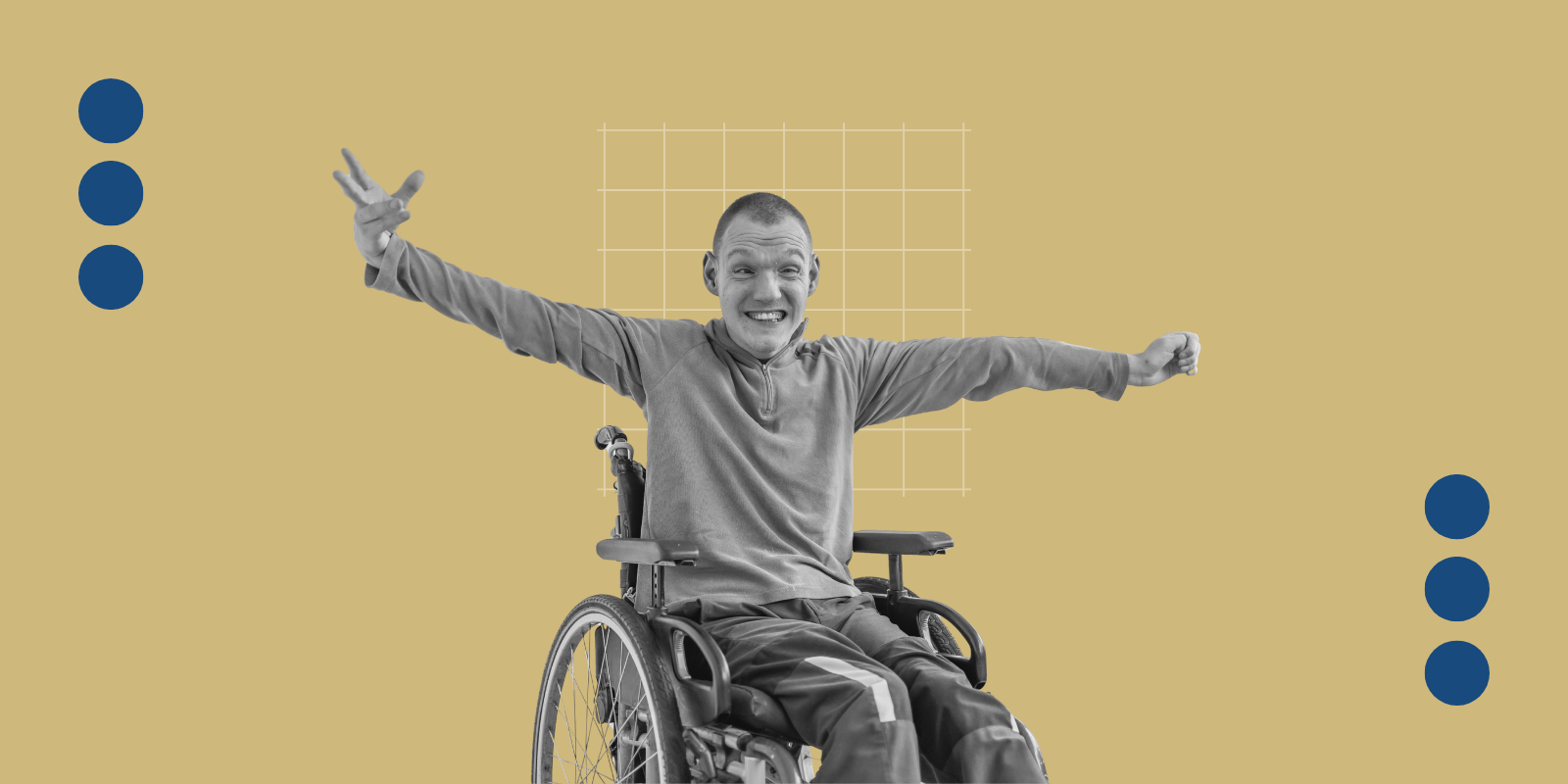Brooke Dorsey Holliman, PhD, associate professor of family medicine, weaved her interests in health services, access to care, and storytelling into her dream job as director of the Qualitative and Mixed Methods (QM2) Research Core at ACCORDS.
“My personality is more of an observer. I’ve always enjoyed storytelling and the insights you can gain from a person sharing their narrative or experiences,” Dorsey Holliman says. “There’s a strong history in the Black community for storytelling and the historical nature of how information gets passed through generations. I think it’s part of my cultural identity.”
While studying for her PhD in health and behavioral sciences, she was inspired by her mentor, Karen Albright, PhD, associate professor of medicine and then director of the Qualitative and Mixed Methods Core at ACCORDS.
“I was only a student at the time, and wasn’t qualified for her role, but I knew I would really love to have that job someday. I needed experience, so I created the position for myself,” Dorsey Holliman says.
She founded the Qualitative Core for the Mental Illness Research Education and Clinical Center at the Rocky Mountain Regional VA Medical Center before joining ACCORDS in 2019 as a methodologist, and eventually taking over the QM2 core as director.
Using qualitative methods to improve maternal health
Dorsey Holliman specializes in using qualitative and mixed methods in health services research, health policy and program evaluation. Her research focuses on health disparities and inequalities, particularly around maternal health.
She is currently working with the University of Colorado Department of Obstetrics and Gynecology on community-led focus groups to discuss the maternal health care women receive at UC Health.
“We’ve come to realize that the department serves a lot of people, and it’s a very diverse population, but in respect to the research, it mostly focuses on White women,” Dorsey Holliman says. “When we look at our findings and how we want to apply them, we don’t actually know if they apply to the women we are trying to serve and improve their health care and our maternal health outcomes.”
Dorsey Holliman says the study has great community support and allows members from under-served communities, mostly Black and Latina women, to have a voice in the approaches and focus areas of the department. The focus groups will be completed in the next few months and then the study moves into the stage of analyzing the data collected.
Training and mentorship
In addition to her own research, she dedicates much of her time to training and mentoring through the ACCORDS Surgical/subspecialists Clinical Outcomes Research (SCORE) and Primary Care Research Fellowships, as well as former fellows who are continuing their research.
“Mentorship has become a great opportunity to showcase and teach qualitative methods. There's no degree in qualitative methods, so it often requires learning these skills from someone who does it,” Dorsey Holliman says. “I have a huge number of mentees and I didn't realize how much I would enjoy that aspect of my work.”
While there isn’t a formal master’s or doctoral degree offered in qualitative methods at CU, ACCORDS offers an Introduction to Qualitative Research Workshop each fall to help train researchers. Dorsey Holliman also created a course in 2021 that she offers each spring.
These sessions help researchers understand the value of non-numerical data and amount of time it takes to complete this type of work, including coding, analyzing, and describing findings.
“For a long time, qualitative methods weren’t seen as rigorous or valuable as quantitative methods, but current perceptions on this have shifted. I’m no longer having to convince people to do qualitative work, they see the value in understanding why or how a phenomenon occurs, or under what circumstances,” Dorsey Holliman says. “At the very least, more investigators working with ACCORDS want to do mixed methods.”
Goals for the future
When the Introduction to Qualitative Research Workshop began 10 years ago, the two-day in-person sessions had about 15 attendees. As the workshop has evolved to meet the needs and interest of participants, it is now a hybrid workshop with over 100 attendees.
The core wants to expand their offerings with a second workshop or intensive focused on mixed methods. The current workshop doesn’t cover mixed methods, so Dorsey Holliman and her team want the opportunity to teach participants how to integrate quantitative and qualitative methods.
“When people do mixed methods research, they get a full picture of whatever topic we're exploring. Sometimes we focus only on quantitative or qualitative methods, but it’s such a limited view,” Dorsey Holliman says. “We realized that to round out our findings and get a broad perspective and understanding, it’s beneficial to have both pieces like in a multi-method or mixed methods approach. That helps us translate our findings to better serve and improve health care.”



